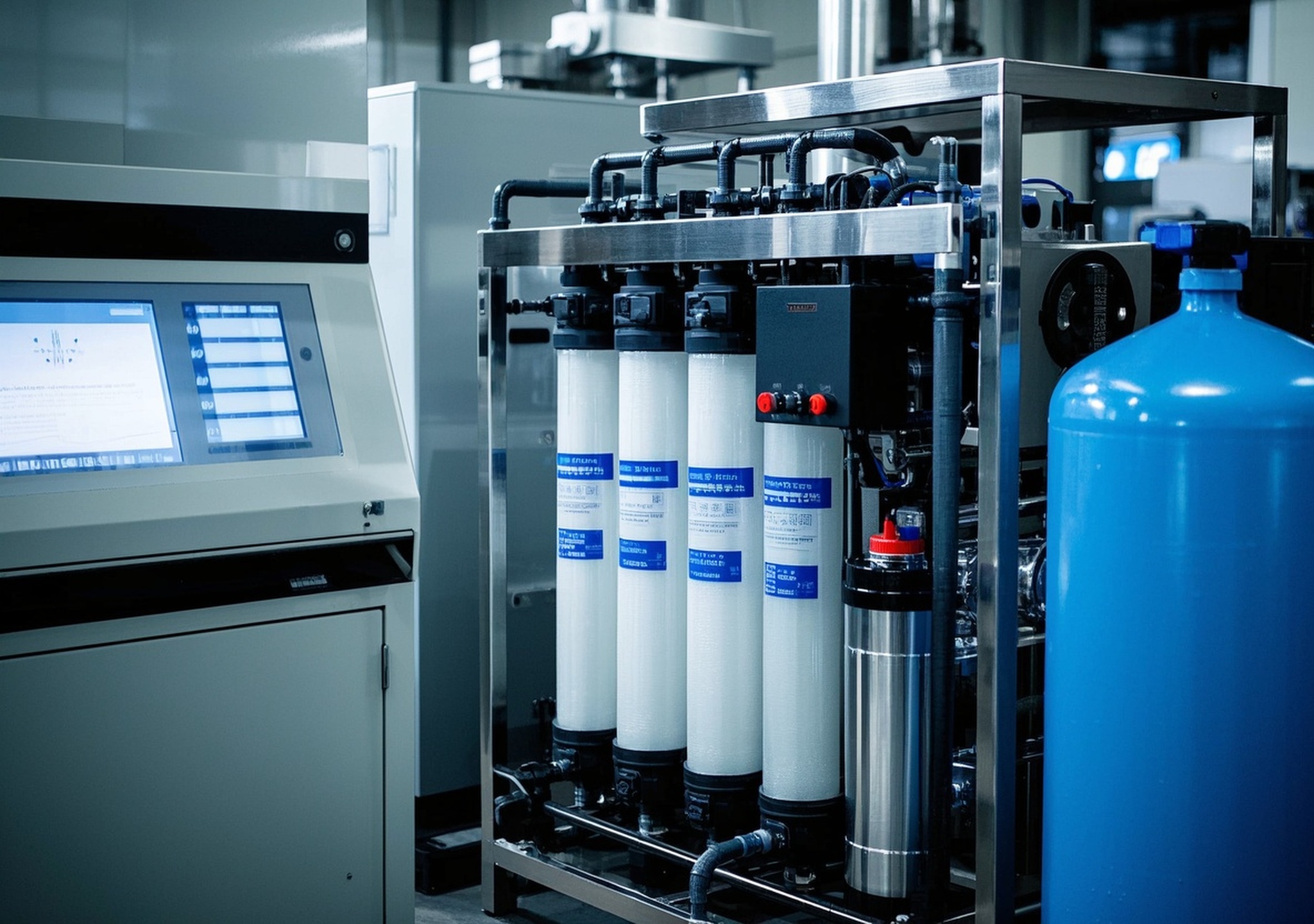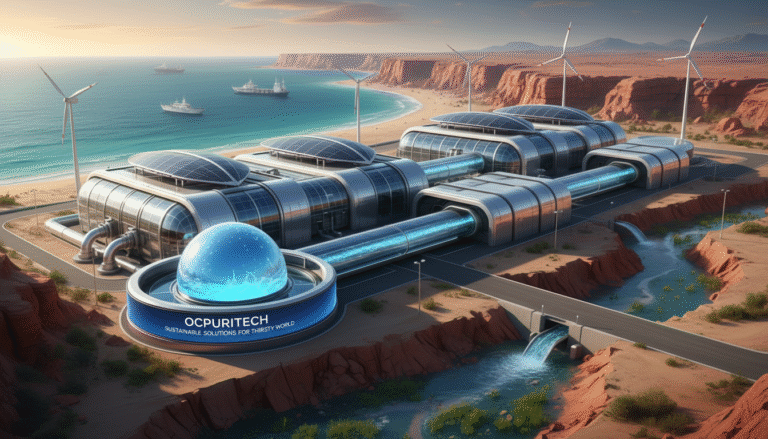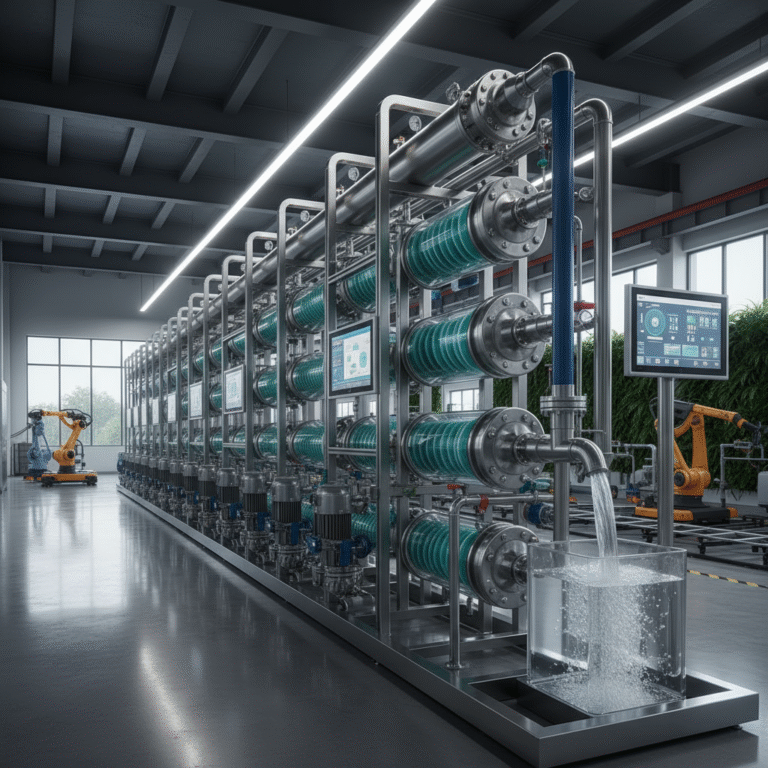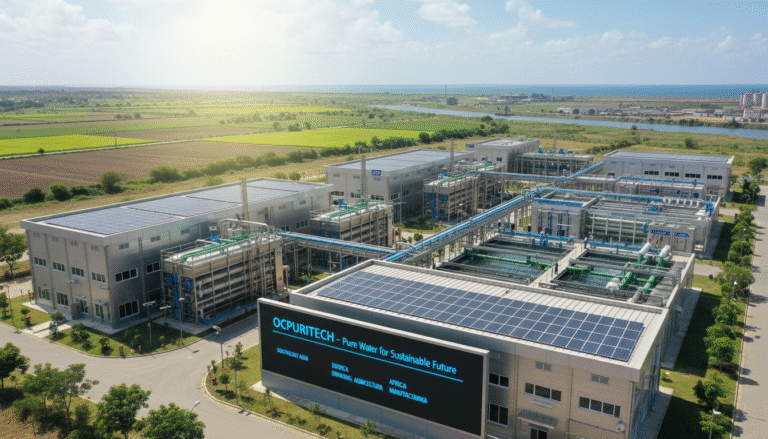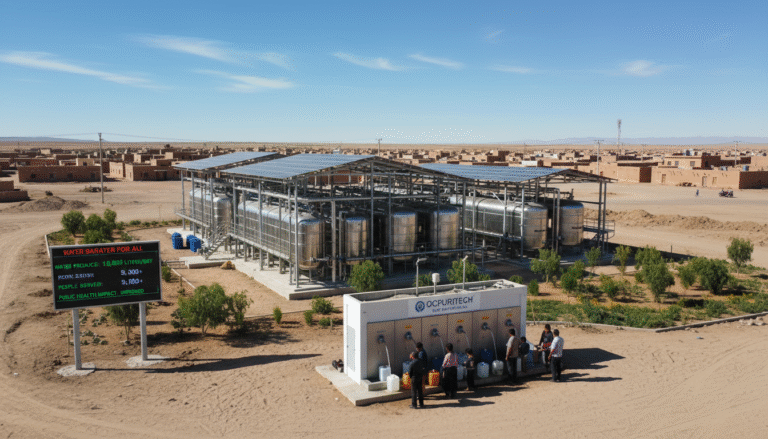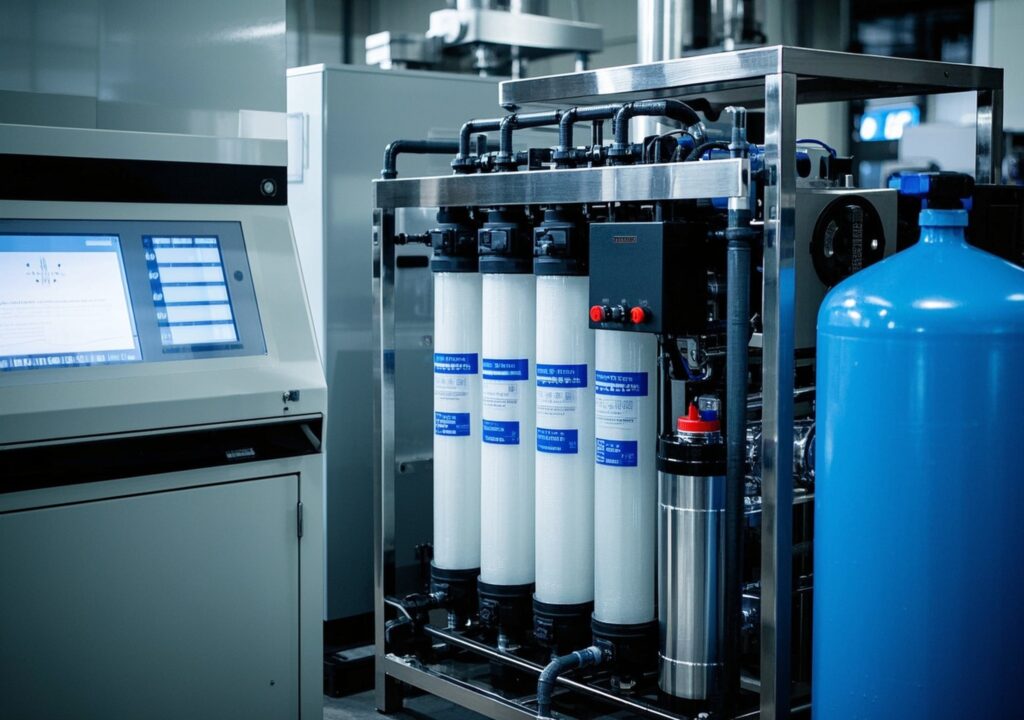
Wondering Why Choose the Best Reverse Osmosis Water Filter System for Industry?
Water quality and safety have become paramount concerns across industries worldwide. In modern industrial environments, water is not only a resource but a critical element that impacts product quality, employee health, and operational efficiency. This urgency has led to the widespread adoption of advanced purification methods—chief among them, reverse osmosis (RO) water filtration. Understanding why investing in the best reverse osmosis water filter system is essential can empower industrial stakeholders to enhance both environmental compliance and economic performance.
1. Introduction: Importance of Advanced Water Purification in Industry
The industrial sector demands large volumes of pure water for processes ranging from manufacturing and food preparation to pharmaceuticals and healthcare. Contaminants present in untreated water can cause equipment corrosion, product contamination, and health hazards. Thus, robust water filtration systems have become an integral infrastructure component. Among various technologies, reverse osmosis stands out due to its superior ability to remove dissolved solids, microorganisms, and chemical pollutants.
Industry leaders increasingly rely on innovative RO systems equipped with intelligent features, demonstrating a commitment to operational excellence and sustainability.
2. Application Background and Market Demand Analysis
Water Quality Challenges
Industries often face water sources loaded with heavy metals, organic compounds, microbial contaminants, and high total dissolved solids (TDS). These impurities can lead to process inefficiencies, higher maintenance costs, and failure to meet regulatory standards.
Health and Environmental Considerations
Workplace safety regulations and consumer expectations drive industries to ensure clean water not only for production but also for staff welfare and sanitation. Moreover, environmental stewardship demands systems that minimize water waste and reduce chemical usage.
Market Demand Trends
With rising awareness, there is growing demand for water purification solutions that deliver high throughput, cost-efficiency, real-time monitoring, and minimal ecological footprint.
3. Technical Principles of Reverse Osmosis Systems
Core Mechanism
Reverse osmosis operates by forcing water through a semipermeable membrane under pressure. This membrane allows water molecules to pass while blocking contaminants including salts, bacteria, viruses, and organic molecules.
Key Components
– Pre-filters: Remove sediments and chlorine that can damage RO membranes
– RO Membrane: The heart of the system, filtering dissolved solids and impurities
– Post-filters: Enhance taste and ensure final water purity
– Pressure Pumps: Provide necessary pressure to drive osmosis
– Smart Monitoring Units: Track water quality metrics such as TDS and filter lifespan
Effectiveness
Top-tier systems often utilize multi-stage filtration (e.g., 6-9 levels) to eliminate over 100 types of contaminants, ensuring the highest water purity standards.
4. Company and Product Overview
Leading manufacturers have evolved by integrating cutting-edge membrane technology and intelligent systems designed specifically for industrial demands. Their global presence supports local customization, adapting filtration solutions to regional water quality challenges.
Innovation commitments focus on:
- Optimized filtration speed and volume suitable for large-scale usage
- Energy-efficient and environmentally sustainable operation
- User-friendly interfaces enabling seamless integration and control
- Compact, tankless designs to maximize space utilization
5. Product Features and Advantages
| Feature | Description | Benefit |
|---|---|---|
| Multi-Stage Filtration (6-9 levels) | Sequential filters targeting sediments, chlorine, heavy metals, microorganisms | Ensures comprehensive contaminant removal for superior water quality |
| Tankless Design | Storage-free system that produces water on demand | Saves physical space and reduces contamination risk |
| High Throughput Capacity | Daily water output exceeding 800 gallons | Meets the demands of large operations without downtime |
| Smart Faucet with TDS Display | Real-time water quality monitoring and filter life indication | Enables proactive maintenance and ensures consistent purity |
| Energy Efficiency | Optimized pumps and low waste ratios | Reduces operating costs and environmental impact |
Adopting such advanced systems translates into improved employee health, lower operational costs, and stronger regulatory compliance. The return on investment is evident through minimized maintenance, higher product quality, and enhanced reputation.
6. Multi-Industry Application Cases
Restaurant Chains
In several mid-sized restaurant businesses I’ve consulted with, installing premium RO systems dramatically improved water taste and consistency. Within three months, customer satisfaction ratings increased by 20%, while kitchen equipment breakdowns reduced by 15% due to lower mineral deposits.
Manufacturing Plants
A manufacturing plant specializing in electronics integrated a state-of-the-art RO filtration unit to provide ultrapure water. Post-installation, defect rates related to water impurity dropped by 30%, resulting in $100,000 annual savings in quality control and rework costs.
Healthcare Facilities
Hospitals utilizing advanced RO water systems observed a significant decline in equipment corrosion and microbial contamination incidents. Regular monitoring via smart interfaces ensured continuous compliance with stringent health regulations.
7. Installation and Maintenance Guidelines
Professional Installation
Proper setup by certified technicians involves water quality assessment, system sizing, and configuration. A tailored installation guarantees optimal performance tailored to the facility’s water consumption patterns.
Maintenance Protocols
Routine filter replacement schedules, membrane cleaning, and system sanitation are facilitated by built-in indicators and user-friendly alerts.
Customer Support
Local service centers typically provide rapid on-site assistance, parts replacement, and preventive maintenance contracts ensuring longevity and reliability.
8. Competitive Comparison and After-Sales Assurance
Compared to alternative technologies like activated carbon or UV filtration, reverse osmosis offers unparalleled contaminant removal, especially for dissolved salts and microscopic particles. Leading RO systems also distinguish themselves through:
- Certification by international health and safety bodies
- Comprehensive warranties spanning filter components and membranes
- Robust customer service with accessible technical support
9. Customer Feedback and Success Narratives
Feedback from industrial clients overwhelmingly highlights improved water stability, easier compliance with environmental mandates, and positive workplace health outcomes. One client reported a 25% reduction in water-related process disruptions within six months of system adoption.
10. Conclusion and Call to Action
Choosing the best reverse osmosis water filter system is a strategic investment that safeguards health, optimizes production, and supports environmental responsibility. Industries committed to excellence recognize that cutting-edge filtration technology is foundational to sustainable growth.
For decision-makers evaluating water treatment solutions, understanding the technology and its tangible benefits is the first step toward lasting operational success. Engage with trusted providers, assess your unique water quality needs, and embark on the path to cleaner, safer industrial water.
Source for authoritative data: This Old House – “Best Reverse Osmosis Systems (2025)”

